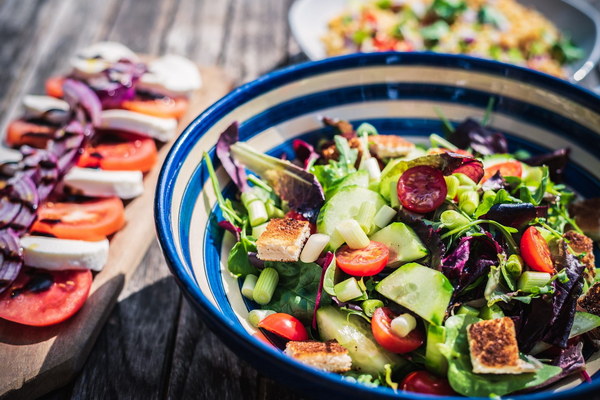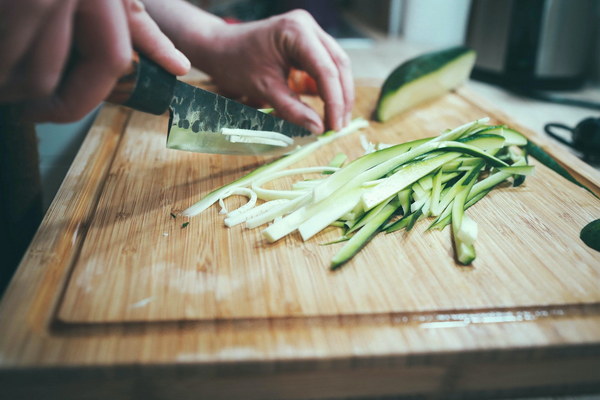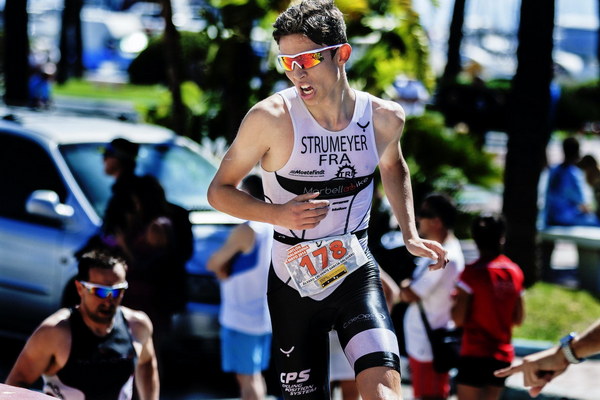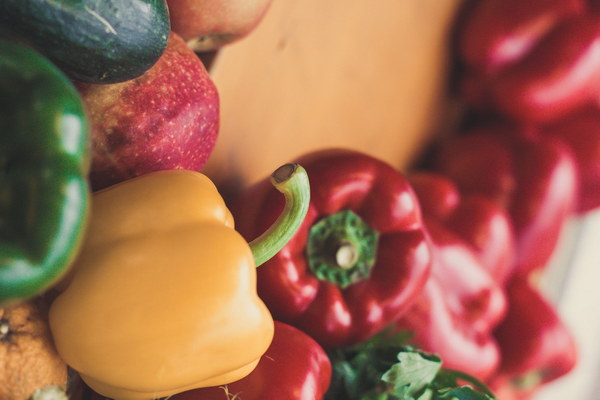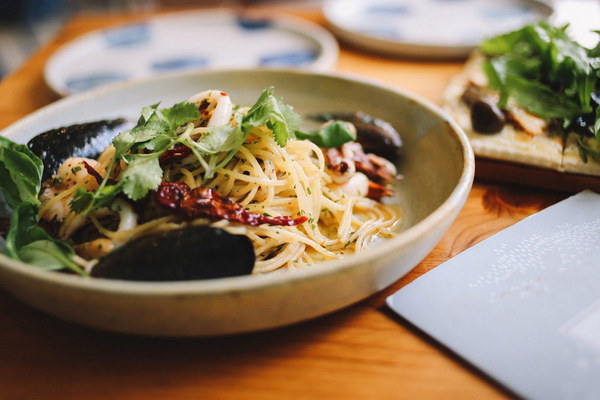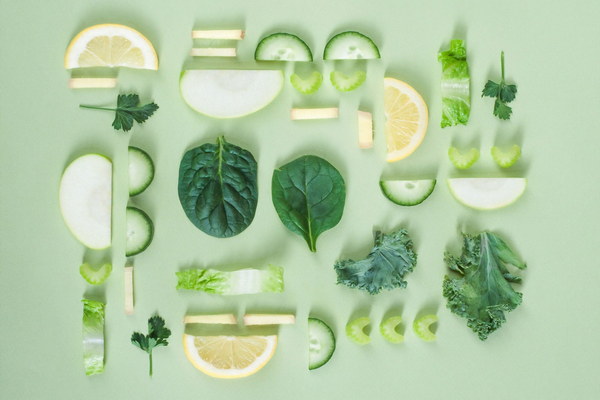Post-Gallbladder Surgery Navigating Diet and Liver Support
After undergoing gallbladder surgery, also known as a cholecystectomy, many individuals find themselves on a new culinary journey. The removal of the gallbladder, which stores bile to help digest fats, can lead to changes in dietary habits and the need for liver support. The question often arises: Can I still eat what I used to, and what can I do to support my liver? Here's a comprehensive guide to help you navigate the post-surgery diet and liver health.
Understanding the Gallbladder and its Role
The gallbladder is a small organ located beneath the liver. It stores bile, a fluid produced by the liver that helps break down fats in the small intestine. When you eat a meal high in fat, the gallbladder contracts and releases bile into the digestive tract, aiding in the absorption of fats.
Dietary Adjustments Post-Gallbladder Surgery
1. Low-Fat Diet: With the gallbladder removed, the body can still produce bile, but the process may not be as efficient. This means that foods high in fat can be harder to digest. It's advisable to start with a low-fat diet initially and gradually introduce healthier fats.
2. Small, Frequent Meals: Eating smaller, more frequent meals can help the body digest food more easily and reduce the risk of discomfort. This approach allows the liver to manage the production of bile more effectively.
3. Fiber-Rich Foods: High-fiber foods such as whole grains, fruits, and vegetables are important for maintaining regular bowel movements. They can help prevent constipation, which is a common side effect of gallbladder surgery.
4. Hydration: Staying well-hydrated is crucial for overall health and helps the liver function properly. Water aids in the digestion process and helps flush out waste products.
Liver Support Foods
While there's no magic food that can replace the gallbladder, certain nutrients can support liver health:
1. Vitamin E: Found in nuts, seeds, and leafy green vegetables, vitamin E is an antioxidant that can help protect the liver from damage.
2. Selenium: Selenium is another antioxidant that supports liver health. It's found in Brazil nuts, seafood, and whole grains.
3. Beta-Carotene: This nutrient, which converts to vitamin A in the body, is found in orange and yellow fruits and vegetables, as well as leafy greens.
4. Milk Thistle: This herbal supplement is often recommended to support liver function. It contains a substance called silymarin, which is thought to help protect the liver from toxins.
Safe Foods to Enjoy
1. Lean Proteins: Fish, poultry, and tofu are good choices. These provide essential amino acids without the added fat that can be difficult to digest.
2. Whole Grains: Oats, quinoa, and brown rice are excellent sources of fiber and can be part of a balanced post-surgery diet.
3. Fruits and Vegetables: Aim for a variety of colors to get a range of vitamins and minerals. Steaming or boiling vegetables can be easier on the digestive system.
4. Healthy Fats: Olive oil and avocados are great sources of healthy fats that can be introduced into the diet gradually.
What to Avoid
1. Fatty Foods: High-fat meats, fried foods, and creamy sauces should be avoided or consumed in very small amounts.
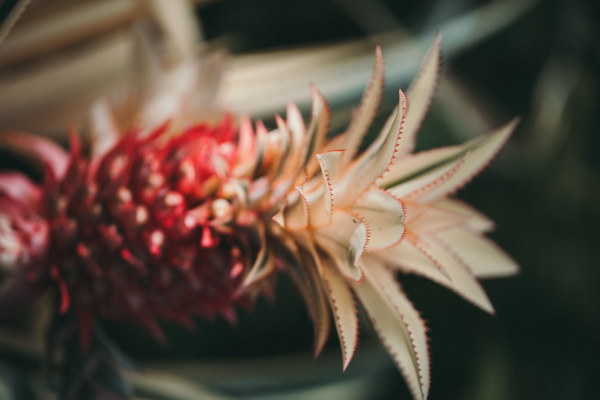
2. Sugary Foods: Excessive sugar can lead to weight gain and increase the risk of diabetes, which can stress the liver.
3. Alcohol: Alcohol is a known liver toxin and should be avoided, especially in the post-surgery period.
Conclusion
Living without a gallbladder requires a mindful approach to diet and lifestyle. By making gradual and informed changes, you can support your liver and maintain a healthy, balanced diet. Consult with your healthcare provider for personalized advice and remember that everyone's recovery process is unique. With patience and care, you can navigate the post-gallbladder surgery journey successfully.
